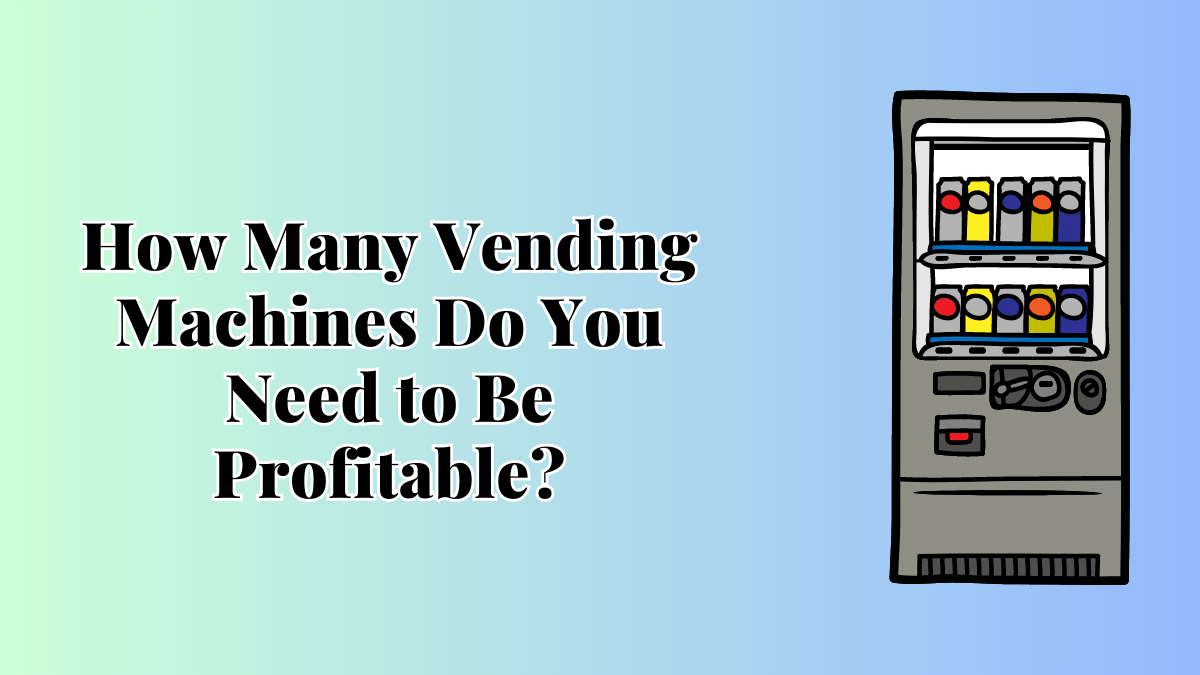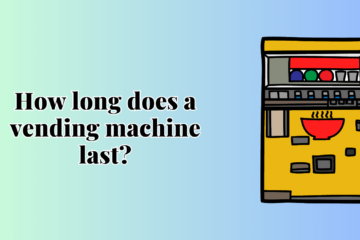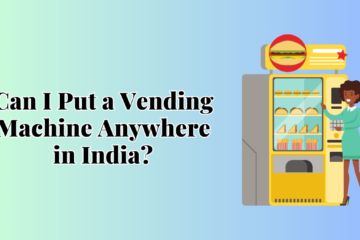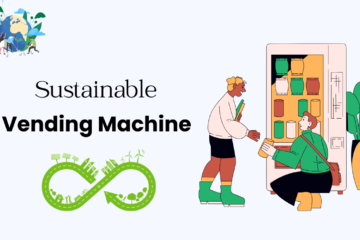If you’re considering entering the vending machine business, you might wonder, “How many vending machines do you need to be profitable?” Starting a vending business can be a lucrative venture, but it requires careful planning, strategic decisions, and an understanding of the market. In this comprehensive guide, we will explore various factors that influence vending business profitability. From selecting the right locations to choosing the best products, we’ve got you covered. Let’s dive in!
How Many Vending Machines Do You Need to Be Profitable?
Starting your vending business with the right number of machines is crucial for maximizing profits. While there is no one-size-fits-all answer to this question, several factors come into play.
1. Analyzing Your Budget and Goals
Before diving into the vending business, assess your budget and financial goals. Determine the amount of capital you can invest and the level of profit you aim to achieve. Keep in mind that while starting with a few machines may be cost-effective, it could also limit your initial revenue.
2. Understanding Location Significance
The success of a vending machine largely depends on its location. High-traffic areas with a target audience are ideal. Opt for locations such as offices, schools, hospitals, and shopping centers. Conduct thorough research to find areas with a demand for your products.
3. Evaluating Product Selection
Offering the right products is essential for profitability. Conduct surveys or research to understand the preferences of your target audience. Consider including healthy snacks, beverages, or niche items that are not readily available in other vending machines.
4. Calculating ROI (Return on Investment)
Determining the number of vending machines you need involves calculating your ROI. Divide the total profit you expect to make annually by the profit generated by a single machine. The result will give you an approximate number of machines required to meet your financial goals.
5. Start Small and Scale Gradually
It’s prudent to start with a small number of machines initially. This will allow you to test the locations and product offerings before expanding. Once you identify successful locations, gradually scale up your vending busines
Factors Influencing Vending Business Profitability:
To ensure profitability, consider the following factors that play a significant role in the success of your vending business.
1. Foot Traffic and Demographics
Areas with high foot traffic and a diverse customer base are more likely to generate higher sales. Understanding the demographics of the location can help tailor your product selection accordingly.
2. Seasonal Demand
Different locations may experience seasonal variations in demand. For instance, tourist spots may have higher demand during peak travel seasons. Adjust your product offerings to match seasonal preferences.
3. Competition Analysis
Research your competitors in the vicinity. Study their product range, pricing, and customer reviews. Differentiating your offerings can help attract more customers to your machines.
4. Maintenance and Service
Regular maintenance and prompt servicing are crucial for customer satisfaction. Malfunctioning machines or stale products can deter repeat business.
5. Technology Integration
Consider investing in modern vending machines that accept various payment options, including mobile payments. Technology integration can enhance customer convenience and boost sales.
6. Stock Management
Monitor inventory levels regularly to avoid stockouts and wastage. Keep track of the popularity of different products and adjust your stock accordingly.
The Ideal Number of Vending Machines for Different Locations:
Different locations have varying requirements for vending machines. Here’s a breakdown based on the type of location:
| Location | Number of Machines | Product Type |
|---|---|---|
| Offices | 2-5 | Snacks, Beverages, Coffee |
| Schools and Colleges | 5-10 | Healthy Snacks, Beverages, Candy |
| Hospitals | 2-4 | Healthy Snacks, Hydration Drinks |
| Shopping Centers | 10-15 | Snacks, Beverages, Niche Products |
FAQs:
Q: What are the startup costs for a vending business?
A: The startup costs for a vending business can vary based on the number of machines, product inventory, and location. On average, expect to invest between $2,000 to $10,000.
Q: Is it profitable to own a vending machine?
A: Yes, owning a vending machine can be profitable, provided you choose the right locations, products, and maintain good customer service.
Q: How long does it take to break even?
A: The time to break even depends on factors such as the number of machines, their location, and the demand for your products. It typically ranges from 6 months to 2 years.
Q: Can I operate vending machines part-time?
A: Yes, many vending machine owners run their business part-time. However, keep in mind that regular maintenance and stocking are necessary for success.
Q: What are the most popular vending machine products?
A: Some popular vending machine products include chips, candy bars, bottled water, soda, and healthy snacks like granola bars and nuts.
Q: How can I attract more customers to my vending machines?
A: Offer attractive promotions, ensure your machines are well-maintained, and consider loyalty programs to entice more customers.
Conclusion:
Becoming profitable in the vending machine business requires a strategic approach, understanding your target audience, and making informed decisions. Remember to start small, analyze your locations carefully, and offer the right products. Regular maintenance and attentive customer service are key to building a successful vending business. Keep learning, adapting, and staying updated with market trends to maximize your profits in the vending industry.




